How long do Gas Grills last
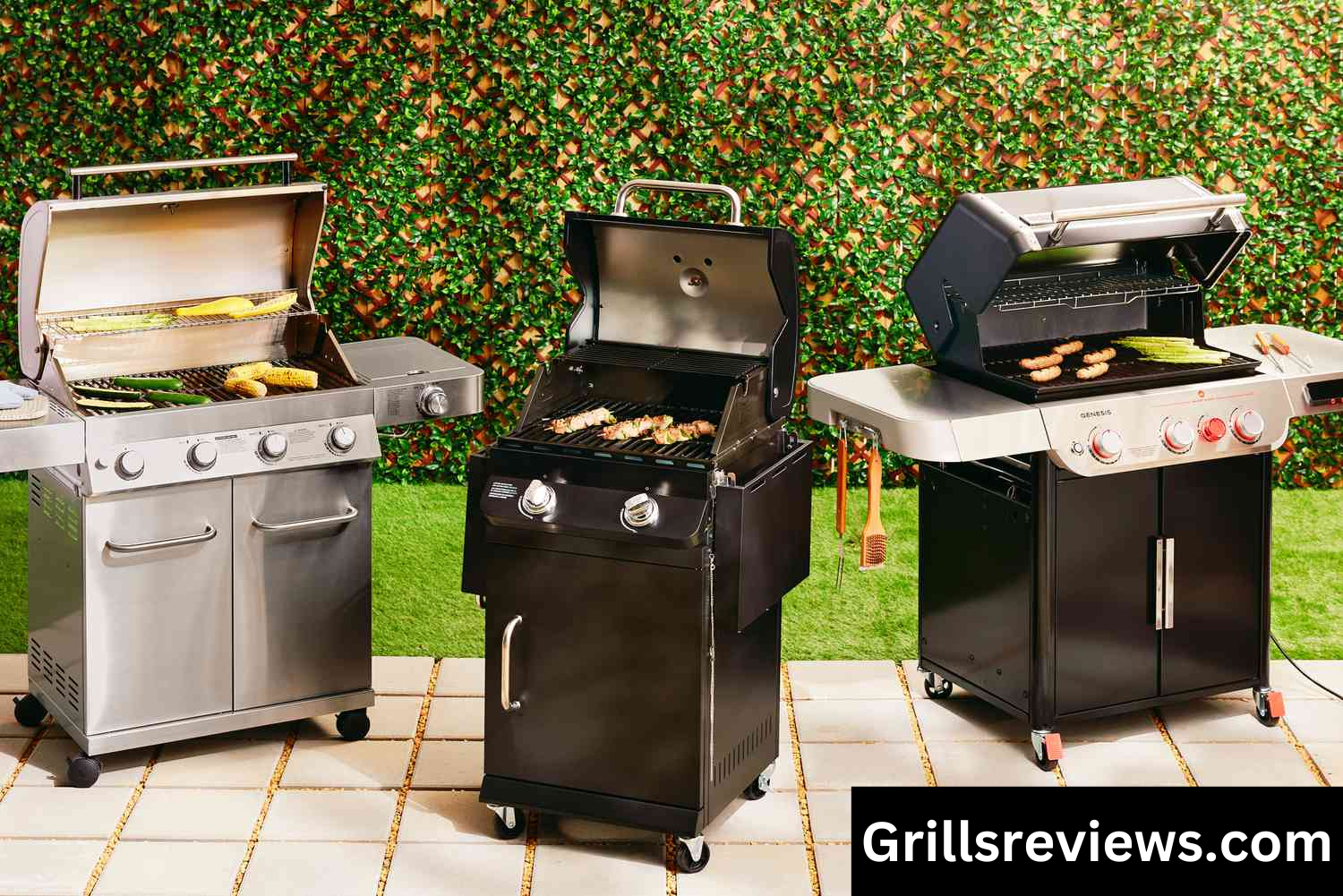
The question “How long does a gas grill last?” is frequently asked. A grill and an automobile are comparable. You must give it some TLC (tender love and care) in between uses if you want to keep using it. How your grill was made and where you store it while it’s not in use all affect how long it lasts.
The answer depends on a lot of variables, including the manufacturer and how often you use it. Here’s how to determine whether it’s time to replace your gas grills.
How long do gas grills last?
Gas grills are not inexpensive, so it might be useful to know when you can anticipate having to part with your gas grill if you decide to get one with all the bells and whistles you have fallen in love with.
The typical gas grill will last 5 to 15 years if properly maintained and used on a semi-regular basis. However, depending on how you use your gas grill, you could only get 3-5 years out of it if you’re hard on it or use it frequently.
In any case, there are a few simple strategies to extend the life of your favorite grill, so don’t be discouraged. Continue reading to find out more about them, so you can make the most of your new favorite grill.
Cost and Quality
Your grill’s price will have a significant impact on both its quality and how long it will survive. Simply put, a $200 grill is not constructed from the same materials as a $500 grill, and a $500 grill is not constructed from the same materials as a $1,000 grill.
While grills with higher and lower price tags may initially appear to be fairly similar, a deeper examination reveals important variations that account for the wide price difference. The type of materials used in construction and the thickness and/or diameter of the materials used are the most significant variations (less material equals a cheaper cost). Here are some typical variations to watch out for:
Burner
Burner wall thickness (better when thicker) A simple method to determine this is to weigh the hob; does it seem light for its size, or is it heavier?
Use the stainless steel variety. The ideal option for gas grills is Grade 304 stainless steel, which has a longer lifespan than other grades of stainless steel.
Size of the hob.
Cooking Grates
Cooking grates made of porcelain-coated steel are the least expensive and have the shortest lifespan. Rust will develop if the porcelain coating is damaged.
Solid stainless steel cooking grates are the most costly and have the longest longevity, whereas cast iron cooking grates and grates with stainless steel tubes and steel rods have a mid-range cost and lifespan.
Grates’ rod diameter: larger rods will last longer before deteriorating.
Heat Plates
Materials: Stainless steel often lasts longer than porcelain-coated steel, which has a shorter lifespan. The type of stainless steel used will also affect this.
Are the heat plates robust and heavy or light and flimsy? The longevity of this component will depend on the material thickness and porcelain coating quality (in the case of porcelain-coated steel).
What Affects How Long Your Gas Grill Lasts?
As you can see, the lifespan of a gas grill is 5 to 15 years, which is a considerable amount of time. However, how can you tell how long a certain grill should last?
How hot do you cook?
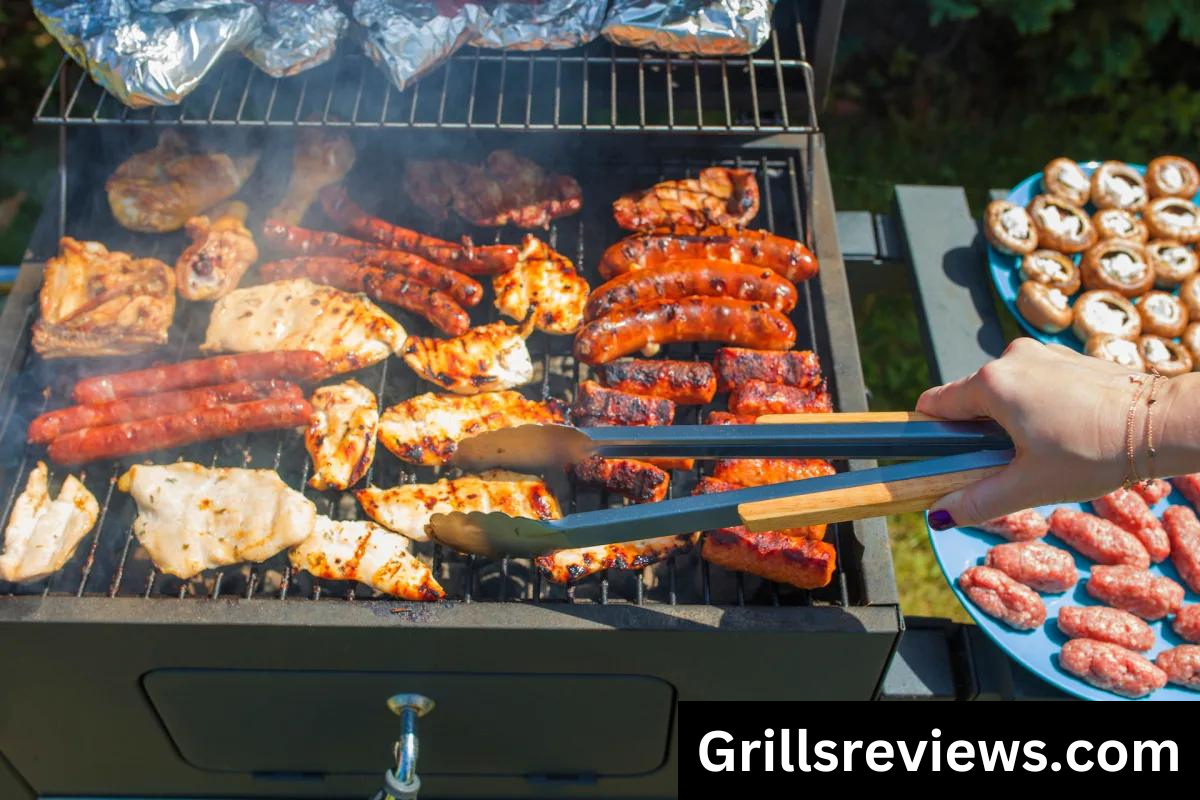
The temperatures you typically employ for grilling are another element that influences how long your grill will survive. Regularly used grills at high temperatures will naturally burn out sooner than grills at lower temperatures.
Therefore, you would be better off buying a higher-quality grill, since it will last you longer if you know in advance that you plan to use your gas grill to cook at high temperatures.
How much fat-filled meat do you cook?
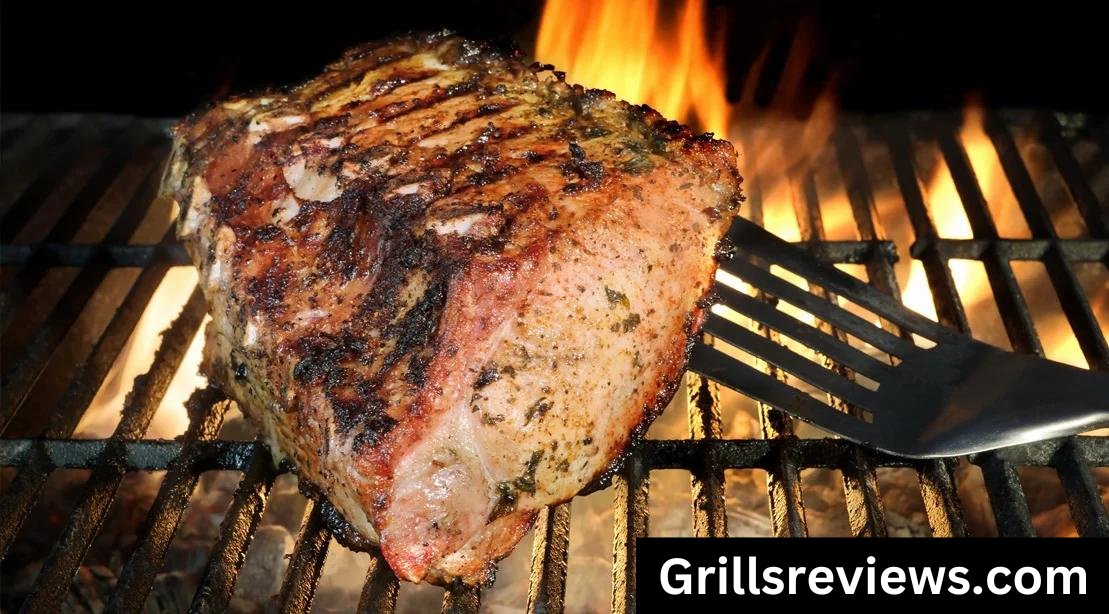
A nice, fatty piece of brisket is a favorite with everybody. But did you realize that grilling these types of meat frequently might harm your grill more?
This is so that you may prevent grease fires in your grill, which are more likely to occur as you cook fatty meat and allow more oil to fall down. Even if not every grease fire is significant enough to be noticed, the more often they happen (even if they are small), the more your grill will deteriorate and parts will need to be replaced.
Naturally, we aren’t advocating that you never cook anything fatty on your barbecue; rather, we are only informing you that cooking briskets on a cheap grill every weekend won’t make it last 15 years.
Average Lifespan of a Gas Grill
Every three years, the typical American upgrades their grill. However, regular upkeep and prompt repairs can greatly increase that lifespan. According to Business Insider, regular cleaning and maintenance may keep a gas barbecue in top working order for 5 to 15 years.
Before making a purchase, it is important to look into the warranty because not all gas grill models are created equal.
How to Extend the Life of Your Gas Grill
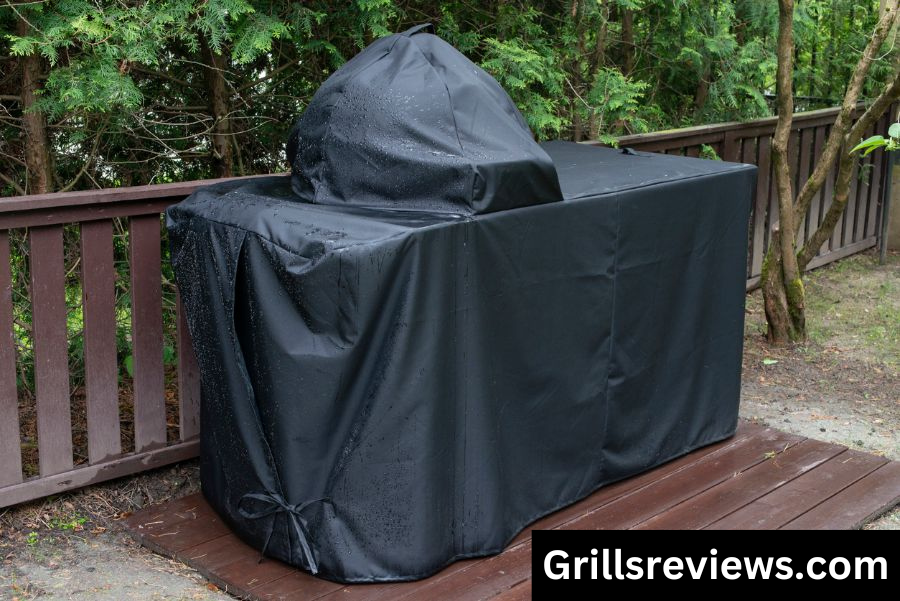
Even though your grill’s parts may eventually wear out, the easiest way to make sure they last a long time is to take proper care of them. It has to be frequently cleaned, maintained throughout the seasons, and covered with a quality grill cover to keep the elements away. Purchasing replacement grill components rather than a completely new barbecue when something breaks down can also dramatically increase the longevity of your grill.
Here are some suggestions for extending the lifespan of your gas grill.
Keep your grill in the garage
Even though it would seem convenient to put up your gas grill on the back porch and keep it there indefinitely, this isn’t the best place for it. Some grills are made to resist some inclement weather, but the typical gas grill is not made to sustain daily downpours or intense snowfall.
When not in use, try to keep your grill in the garage. If you use it daily in the summer (assuming it’s a moderate summer where you live), leaving it outside is definitely fine, as long as you bring it inside when it starts to rain.
Investing in a gas grill cover may go a long way in ensuring that your grill lasts for many years if you have no other option, such as those who have one on their balcony.
Keep Your Grill Clean
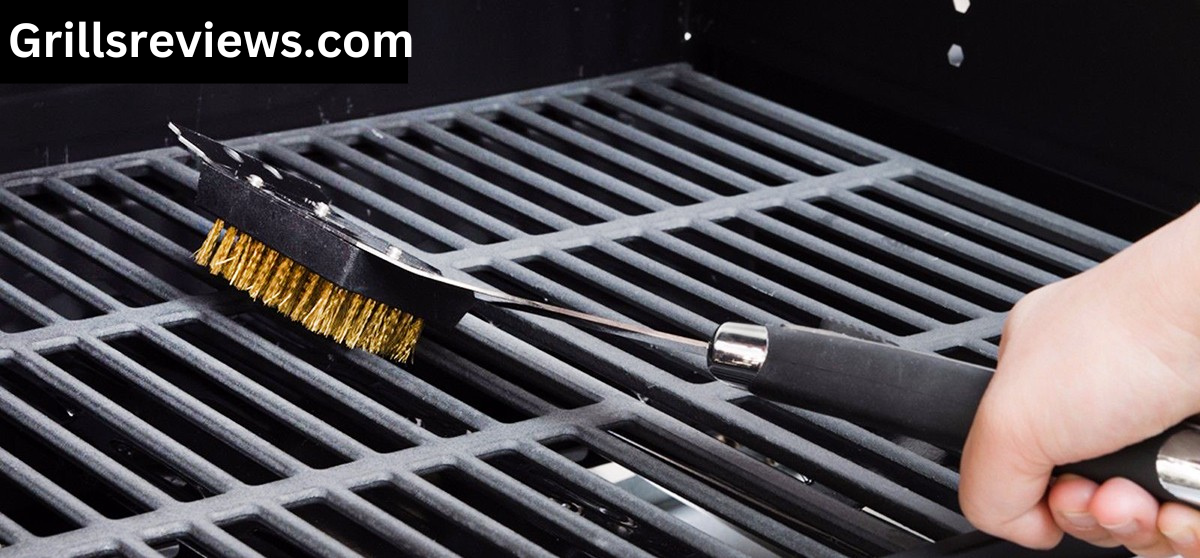
You must clean your grill if you want it to last for a long time. If not, you could see that the components on the grill start to deteriorate due to food buildup.
The best practice is to clean your grill after every use with a grill brush and scraper to get any food left off the grill. Besides just cleaning after every use, your grill should be deep cleaned regularly. For people who use the grill once per week.
If you often cook on a gas grill, we advise completing a deep cleaning at least once a month. This will guarantee you are using your grill safely, in addition to extending its lifespan.
You should routinely examine your grill for gas leaks, which is a particular need for owners of gas grills. Checking for a gas leak while you clean your grill each season might help you avert a catastrophe, since a leak can harm your grill and put the person using it at risk.
The Seasonal Clean
Every time the seasons change, you should also give your grill a more thorough cleaning.
Spring BBQ Maintenance
It’s time to get your grill in the game after waiting on the sidelines during the off-season. Restarting your grill should just take a few minutes if you gave it a thorough cleaning before storing it for the winter.
Ensure that:
Find any gas leaks.
Check for obstructions in your burners.
If your grill has an electronic ignition system, put the battery back in.
Examine the grill for any damage.
Fall BBQ Maintenance
By the time autumn arrives, it’s likely that you’ve used your grill frequently. Despite the fact that you might not be prepared to store it away for the winter, your grill still needs to be cleaned after all the work it did over the summer.
You may omit autumn maintenance if you don’t intend to cook during the winter, as long as you spotlessly clean your grill before storing it.
Winter BBQ Maintenance
If you’re putting your grill away for the winter, you should give it an even deeper clean and give it a close check before putting it away. Take these actions:
Your natural gas or propane line should be disconnected.
The cooking grates, charcoal grates, heat plates, burners, grease tray, drip pan, or ash collector, as well as the grill’s exterior, should all be well cleaned.
Examine it for damage.
Make it storage-ready. Remove the burners and wrap them in plastic to prevent spiders and other insects from building their nests in the gas tubes; season the grates with a thin layer of cooking oil; clean the outside of your grill for further protection; and, if your grill has an electronic ignition system, remove the battery.
Put a weather-resistant grill cover on it.
Upgrade Parts
Unfortunately, occasionally some grill components wear out before others. On a gas grill, for instance, your ignition switch might stop working long before the grill is rendered useless.
When this occurs, replace the damaged pieces as soon as you can and avoid using the grill while it still has the problematic part installed because doing so might harm the grill. You can probably extend the lifespan of your favorite grill by a few years by replacing one or two components.
One error that many people commit is tossing the grill away when the grate begins to rust. The grate is often removable on grills. In addition to being interchangeable, now is an excellent opportunity to upgrade and acquire a porcelain-finished, rust-proof grate.
You may upgrade your grill’s grate at any moment, and doing so will always increase its lifespan if you get a quality part.
Signs You Should Replace Your Gas Grill
Every grill has a limited lifespan, so understanding when to fix your current model and when to buy a new one is crucial. The following are some indications that you might consider a replacement:
Broken or rusted grids
The price of repairs is more than the price of replacement.
Uneven flames that emanate from the grill’s side
Too much grease
Significant buildup of grease or debris
Damaged or pouring hoses
Ignition issues
Frame unsteadiness
Food is unevenly cooked on the grill
The grill’s components don’t function correctly
This list is not all-inclusive. Additionally, you could notice erratic temperatures or significant external damage. These problems may make your grill operate poorly and necessitate replacement.
Repairing Your Gas Grill
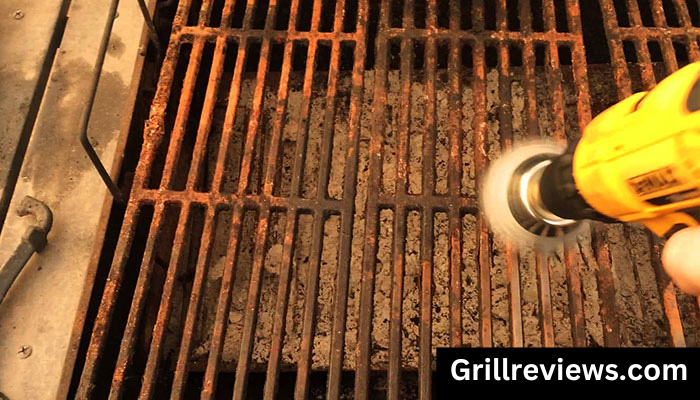
Other than cleaning your grill occasionally, it’s not a good idea to try to fix a gas grill yourself. Due to the risk involved with gas grills, you should speak to the manufacturer or employ an expert.
Gas grill repairs are frequently highly expensive, so if your grill breaks and is more than five years old, you are probably better off buying a new grill.
Replacement of Grill Parts
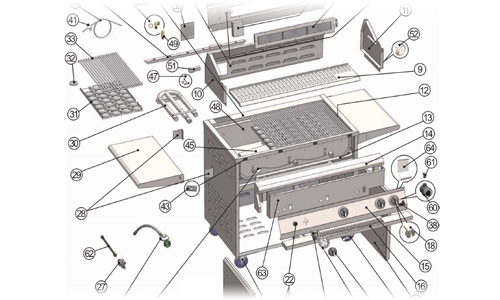
If just one component of your grill fails, it could be worthwhile to replace it, so you can keep using it. The only components that are often advised for replacement are as follows:
Burners
Grates
Igniter
Heat Plates
You are better off replacing your grill completely if the broken part is not one of the aforementioned parts.
The Bottom Line
Without brats and vegetables on the grill, summer is incomplete. Replace your gas grill with a new one if it begins to work less well.
Last words on how long do gas grills last?
In general, if you take care of your gas grill properly, you can expect it to last 5 to 15 years. Cleaning, indoor storage, as well as updating and repairing broken parts, are all necessary steps in effectively maintaining a gas grill.
Of course, despite your best efforts, it’s still possible that your gas grill could malfunction just five years after purchase. You now have a fantastic opportunity to get a new gas grill with awesome new features, so don’t be discouraged by this.
Related Posts
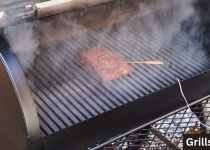
How To Make a Smoker (4 Ways)

What Is A Bavette Steak – A Comprehensive Guide
